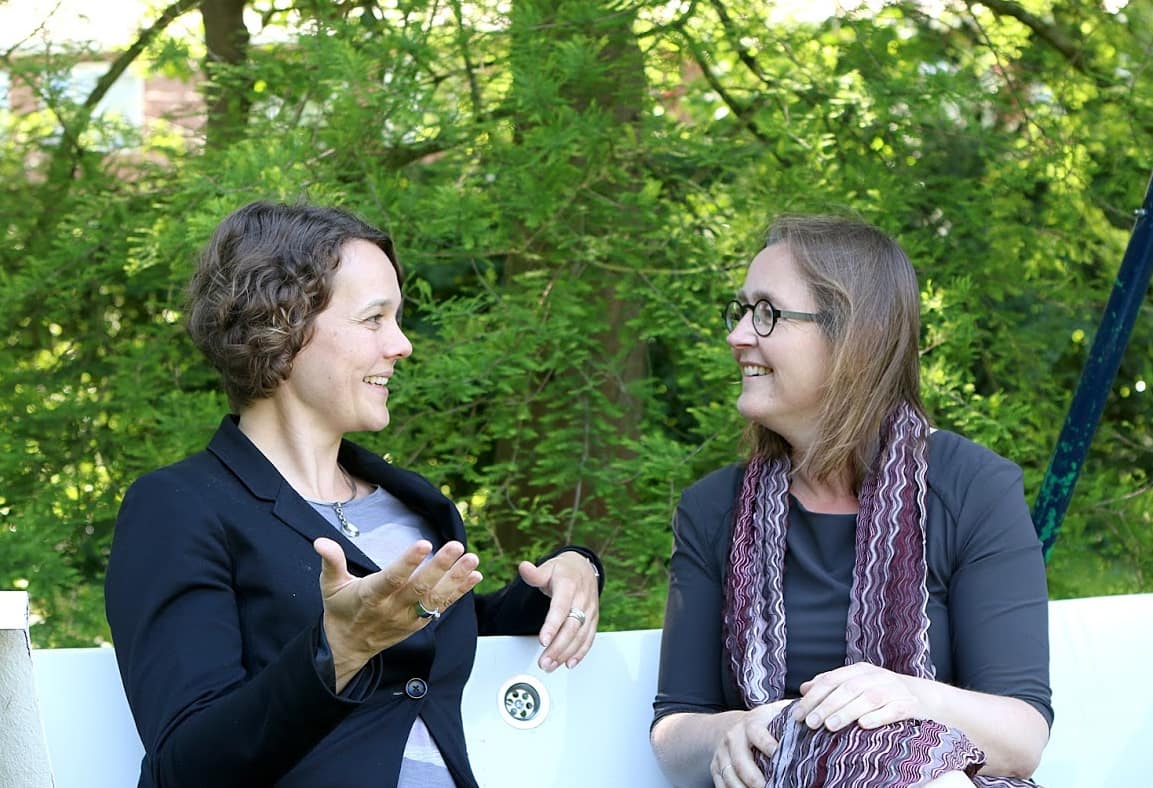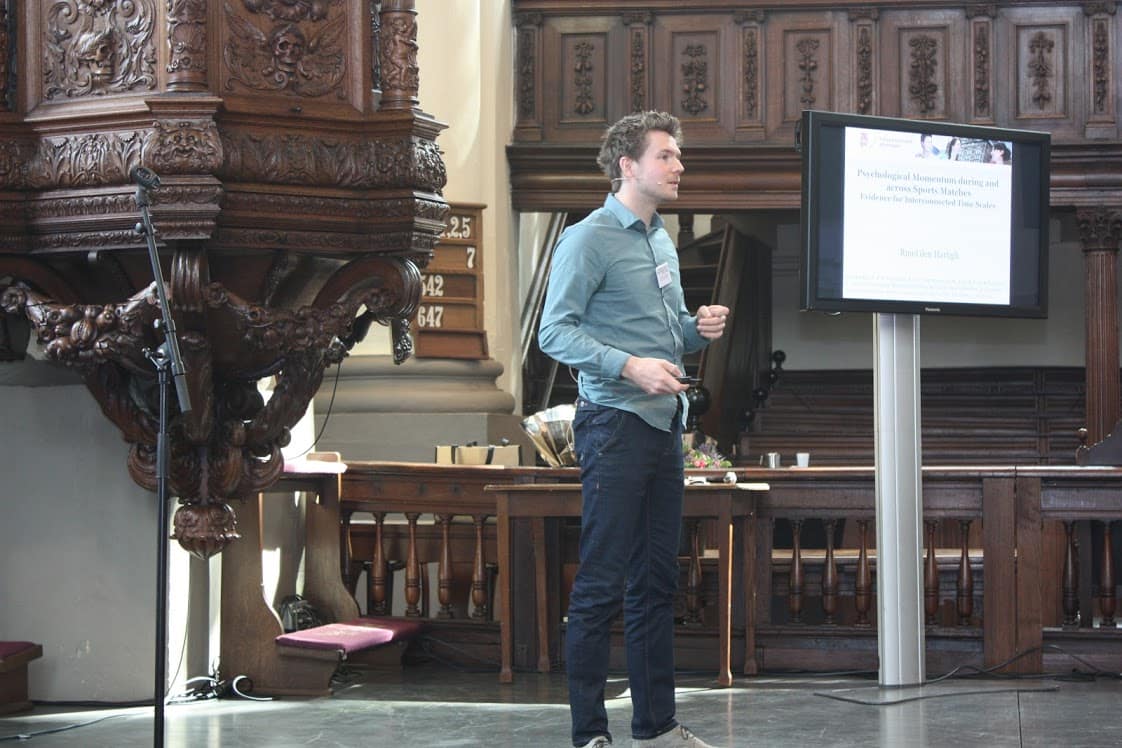Every year, we ask six staff or student members from our department to write about the books they love and think you will love too. These are the books that we recommend you take to your vacation this summer and, just to make sure you do, we will send them to one of you for free!
When do you let your emotions flow freely, and when do you regulate them? Mindwise has selected two University of Groningen experts to answer our most burning questions regarding emotion regulation. Read here the duo-interview with clinical psychologist dr. Maaike Nauta and organisational psychologist dr. Susanne Scheibe.
Do you remember that one classmate in elementary school who was often off-task, restless, and clowning around? What did the teacher do about it? In this blog post, I use recent reviews to discuss what science suggests to be effective for managing children with symptoms of ADHD in the classroom.
In a recent publication on the Association for Psychological Science website, shared meals were promoted for their positive effects in workplace settings. The results may be relevant for Heymans staff. And what about interactions with students?
Bridging the gap between research and practice is a challenge, also in the field of educational psychology. In this blog post, Henderien Steenbeek, who works at both Teachers College and the University of Groningen, explains why and how she contributes her bit to reducing the gap.
Studying psychology in Groningen does not only mean enjoying the international student life but also going for several months abroad in order to make worthy life experiences and get to know a new perspective of psychology. Come with us and discover which amazing experiences students have made in Austria, Turkey, Sweden, and Ireland! Do you […]
Mind-reading has long been the domain of science fiction writers. To date, neuroscience research is mostly still focused on localizing cognitive functions in the brain, rather than at understanding the algorithms behind them. This is the main reason why we know roughly where problem solving takes place in the brain, but not how it is done.
Speech and gestures are tightly coupled when people communicate. Where does this coupling come from? And what does it mean for learning? This blog post tries to answer these questions and discusses findings from a recent study.
Thurday April 7, the Heymans Symposium was organized in the Nieuwe Kerk. Lea Schumacher, Vladimir
Bojarskich, and Florian Mohnert went there, and provide a student perspective on the research presented.
In his blog post, Reint Geuze reflects on the role of ‘the unexpected’ in a research career.










